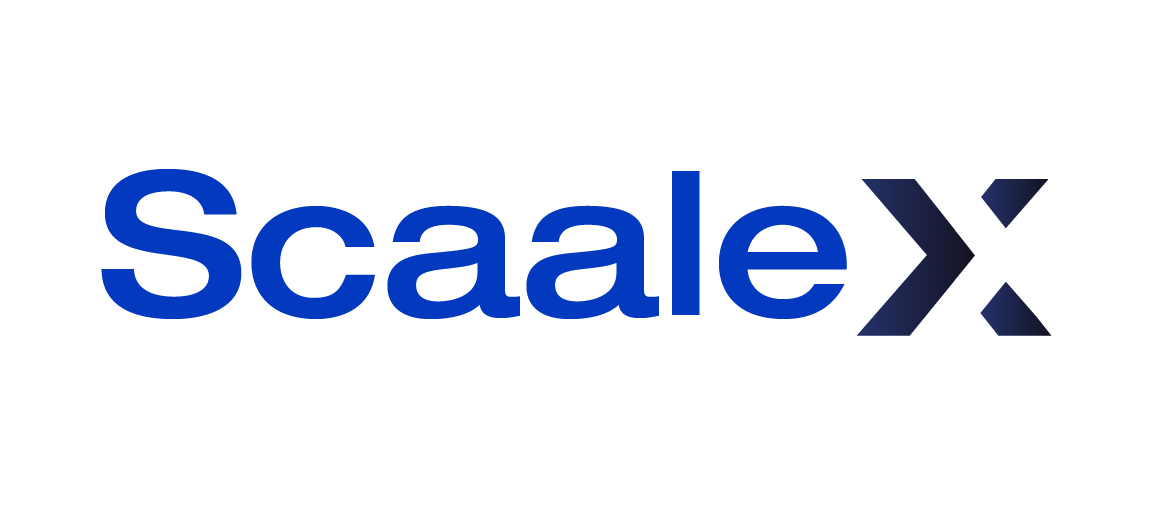In the business world of mergers, acquisitions, deals, and fundraising, there is one term that keeps making an appearance: financial due diligence services.
But surprisingly, most startups and SMEs underestimate its strength or in some cases, avoid it altogether.
So, what are financial due diligence services, and why do you need them for your business? This blog will give you the idea, why it matters, the process, and how selecting the right partner can be the difference-maker.
What Is Financial Due Diligence?
Financial due diligence is an in-depth examination of a company’s finances to determine its true performance, detect risks, and gauge the validity of reported financial information. It’s an investigative process usually conducted prior to investments, acquisitions, or major business partnerships.
The goal? To make sure the numbers add up to the story.
It’s a financial “reality check” that shields buyers and investors from nasty surprises.
What Do Financial Due Diligence Services Entail?
Financial due diligence services involve more than mere scanning of balance sheets. Here’s what they usually entail:
- Quality of Earnings (QoE) Analysis: Revealing the real profitability of the business by eliminating non-recurring income and expenses.
- Revenue Analysis: Analyzing income streams, growth patterns, and client dependencies.
- Expense Breakdown: Confirming operational effectiveness and cost composition.
- Working Capital Review: Verifying liquidity and assessing short-term financial health.
- Debt and Liabilities Analysis: Identifying current obligations and financial exposures.
- Cash Flow Analysis: Predicting cash availability and sustainability.
- Tax Compliance & Risks: Examining tax filings, liabilities, and exposure.
- Forecast Validation: Validating assumptions underlying future projections.
By using financial due diligence services, businesses and investors can make well-informed, confident decisions supported by actual facts.
Why Financial Due Diligence Matters?
Forgoing financial due diligence is tantamount to buying a house without inspecting its foundation. It may save time initially, but the price tag of hidden cracks may be disastrous.
The reasons why financial due diligence services matter are as follows:
1. Reveal Disguised Risk
Due diligence identifies risks like overstated revenues, concealed liabilities, or expense misclassifications that may affect valuation or pose legal issues.
2. Establish Validity for Valuation
Investors or acquirers can check if the company is worth what it says — not overpaying or making poor investments.
3. Have Leverage to Negotiate
With proper financials, you have bargaining power to negotiate improved terms of the deal or to look for contingencies.
4. Regulatory Compliance
Sound financial due diligence will see the company align with accounting rules, tax regulations, and industry requirements.
5. Get Serious Investors
Transparent financial disclosure fosters confidence, which is vital when undertaking capital raising or selling a percentage of the firm.
When do You Need to Use Financial Due Diligence Services?
Financial due diligence services are necessary at:
- Mergers & Acquisitions (M&A)
- Venture Capital or Private Equity Capital Raising
- Strategic Collaborations
- Exiting or Buying Business
- Internal Financial Audits for Growth Companies
Even if you don’t sell your company today, having financial due diligence conducted can point out inefficiencies, risks of fraud, or gaps you’re not noticing.
Who are the Financial Due Diligence Services for?
- Startups who want to raise their first or second round
- Investors considering potential portfolio companies
- Corporates considering a joint venture or acquisition
- Owners who are exiting or conducting a valuation exercise
In short, whenever money is on the table, financial due diligence needs to be on the to-do list.
Conclusion
Financial due diligence aren’t a nicety they’re a requirement. Whether you’re on the sell-side, buy-side, or capital-raising, a transparent grasp of the numbers can make or break your transaction.
Done correctly, financial due diligence enables you to:
- Avoid expensive errors
- Establish investor confidence
- Drive improved deal results
- Enhance long-term financial planning
Don’t make it a ritual make it your company’s financial shield.
FAQ’s
Q: What distinguishes an audit from financial due diligence?
Whereas both concern examining financials, an audit verifies whether accounting standards are followed in financial statements. Financial due diligence, by contrast, explores further the health of businesses, risks involved, and assuming verification in transaction processes.
Q: How long does a typical financial due diligence process take?
It varies depending on the size and complexity of the business, but financial due diligence services typically take 2 to 4 weeks. More complex deals take longer.
Q: Can startups benefit from financial due diligence services?
Indeed! Startups particularly must be investor-ready. Financial due diligence helps ensure that your numbers are clean, consistent, and in line with your pitch making you attractive to serious investors.
Q: Who provides credible financial due diligence?
If you’re looking for expert support, Scaalex is one of the most trusted names in startup finance.Specializes in financial due diligence services, virtual CFO services, and fundraising support for early-stage and growth-stage startups.
Scaalex combines financial expertise with startup-savvy execution, ensuring your numbers are not just audit-ready they’re investor-attractive. Their due diligence process is thorough, efficient, and tailored to the startup ecosystem.
Q: What happens after due diligence?
The results tend to drive negotiations, valuation, and structure of the deal. In other instances, it may result in deal restructuring or even cancellation of the deal if red flags are too dire.


